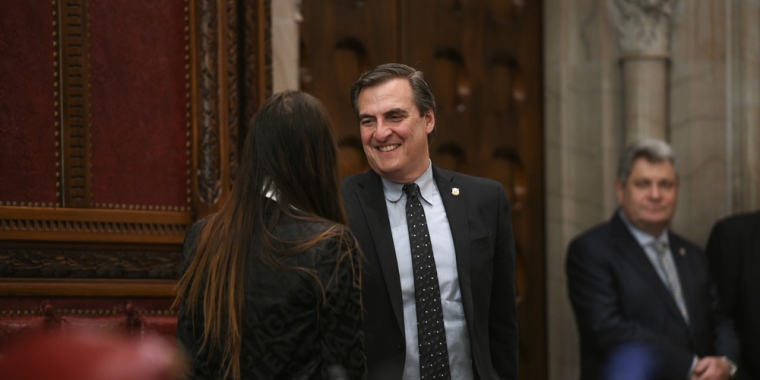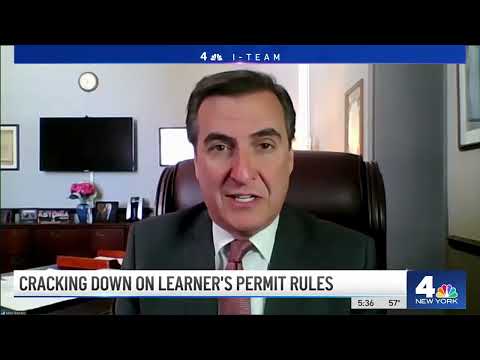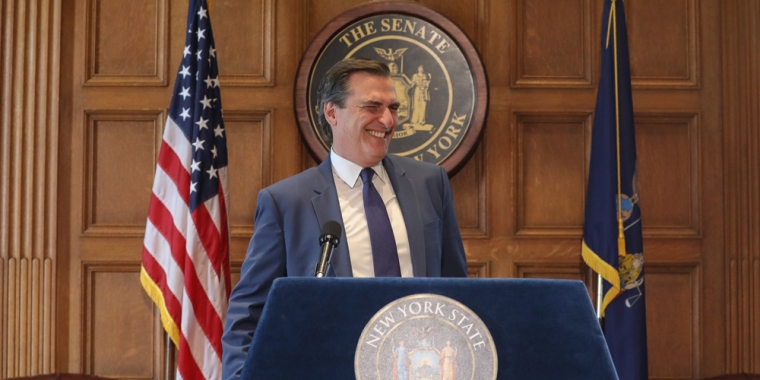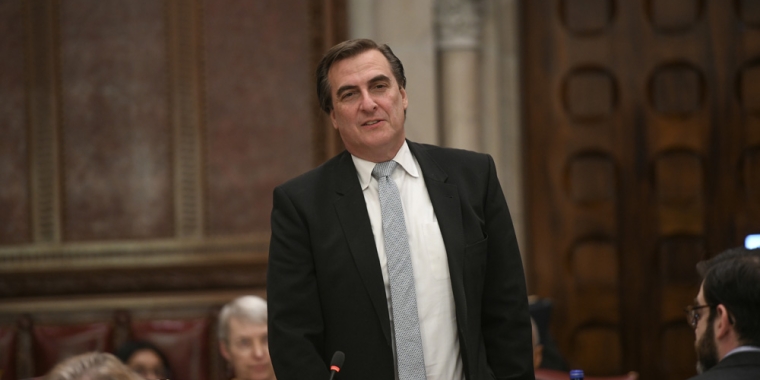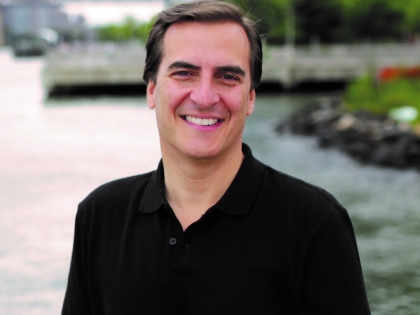
Newsday: Key Democrats are reconsidering Gov. Cuomo's emergency powers

First came an attorney general’s report. Then a court ruling and a demand for subpoenas.
Now, in the latest pushback against Gov. Andrew M. Cuomo, high-ranking Democrats are calling for ending the emergency powers granted him at the beginning of the COVID-19 pandemic.
Republicans have chafed for months over the governor’s ability to control every aspect of the state pandemic response. Eleven times they’ve tried and failed to pass legislation to end it, but that was expected because they are in the minority in the Senate and Assembly.
Democrats didn’t like every Cuomo decision, but agreed with him that the administration had to have the power to respond quickly in a developing crisis.
But there’s a widespread rethinking of that now, a number of Democrats said. Cuomo’s powers are set to expire April 30 unless renewed. Some are pushing to affirmatively end them sooner; some say reconsider it at the later date.
The No. 2 Democrat in the Senate said the "conversation has been elevated significantly" in the last two weeks.
"There’s been discontent brewing for a while. But the extent of the problems was not revealed until this week," Senate Deputy Majority Leader Michael Gianaris (D-Queens) said in an interview. "There are a lot of legislators who are furious about the nursing home issue as well as what’s been going on at the Department of Health."
He referred to a state attorney general's report that found the state may have undercounted nursing home COVID-19 deaths and a rash of departures by high-ranking health experts who told the New York Times they were frustrated about being sidelined by the governor.
The governor and his aides have said repeatedly there was "no way" to manage the state’s response to the pandemic without expanding his powers — including cutting spending without their approval and creating new laws. They’ve also pointed out any of his thousands of actions could have overturned by a simple majority vote of the State Legislature.
"The emergency powers allowed New York to respond nimbly and effectively to manage this pandemic," Cuomo spokesman Rich Azzopardi said. "If there is a disagreement with any pandemic-related executive orders, lawmakers have an easily available option. The governor's executive power is very limited. Any executive order by the governor can be easily over ridden by a simple majority of the legislature. That is their prerogative. Any executive order is immediately null and void with a simple majority vote."
The nursing home issue has been particularly grating to legislators.
Newsday and other news organizations have reported on the likely undercount of nursing home deaths because they state's official tally excluded residents who got sick but later died at hospitals. Legislators pressed for a fuller accounting and at a hearing in August state Health Commissioner Dr. Howard Zucker said it would come soon.
But those numbers didn't materialize until after the report from Attorney General Letitia James, which was largely confirmed by the state's updated tally of 12,743 nursing home deaths.
The death count had nothing to do specifically with Cuomo's expanded powers. The same goes for a controversial health department directive saying nursing homes had to accept COVID-19 patients from hospitals if they had the capacity. But for legislators, it highlighted friction between the branches of government. Gianaris said "transparency and collaboration have been lacking."
Another party leader, Senate Finance Chairwoman Liz Krueger (D-Manhattan), issued a statement saying, "Unfortunately, based on discoveries from the last few days … I believe the Legislature should conduct oversight hearings and re-evaluate the continued use of such broad emergency powers by the executive."
Assemb. Pat Burke (D-Buffalo) wrote in a local newspaper he thought "the governor did an admirable job in those early times of uncertainty" but now he is "prepared to vote to rescind those powers."
Lawmakers said the topic seeps into almost every closed-door conference meeting. But the question remains whether lawmakers actually want to act now or just let Cuomo's powers expire in April.
"If you took a secret vote, it would probably be 145-5" to end emergency powers, said one leading Assembly member who asked not to be identified while speaking about the meetings. "But it's now February. And you have to ask, 'Are there enough votes to override a veto if it comes to that?' That seems like a far less likely scenario than just letting his powers expire."
Others said the issue should be reexamined, but stopped short of saying the emergency powers should be terminated altogether.
"I think the governor's emergency powers should expire but be revisited as warranted," said Assemb. Donna Lupardo (D-Binghamton), Agriculture Committee chairwoman. "I would welcome a more collaborative approach on key decisions being made. There are many topic experts in the Legislature who could provide valuable input."
Besides James' report, the administration received another blow on the issue when a state Supreme Court judge ruled it had violated the Freedom of Information Law by delaying for months the release of the nursing home data. The judge gave the administration five business days to supply the information — but the ruling is subject to appeal.
On the Health Department controversy, Cuomo didn’t dispute that top officials had left, including the state epidemiologist. He said it’s a high-stress atmosphere that’s not for everyone. "If Times reporters think I push hospitals too hard and local governments too hard, I say I’m a fighter for the people of New York and I believe I’m saving lives," the governor told the newspaper.
Republicans have been trying to heap pressure not only on the governor but their Democratic colleagues. On Monday, they tried and failed to pass a hostile amendment to force Democrats to issue subpoenas for a nursing home investigation. They accused the Democrats of stonewalling and protecting the governor.
"This partisan decision in the wake of the AG’s report is a dereliction of duty on their part," Sen. Anthony Palumbo (R-New Suffolk) said.
Gianaris shot back, saying Republicans never issued one subpoena to the Cuomo administration from 2011-18, when they were in the Senate majority during Cuomo’s first two terms. Dems have hinted they could turn to subpoenas — and schedule extra public hearings — if the administration doesn’t provide all the information they are seeking.
The governor is now in his third term and 11th year in office. Asked if Cuomo fatigue was a part of why Democrats are speaking out now, Gianaris said: "I don’t know that it’s about fatigue or personalities or anything like that. But if the executive is going to make it difficult for us to do our jobs, that’s going to be a problem."
